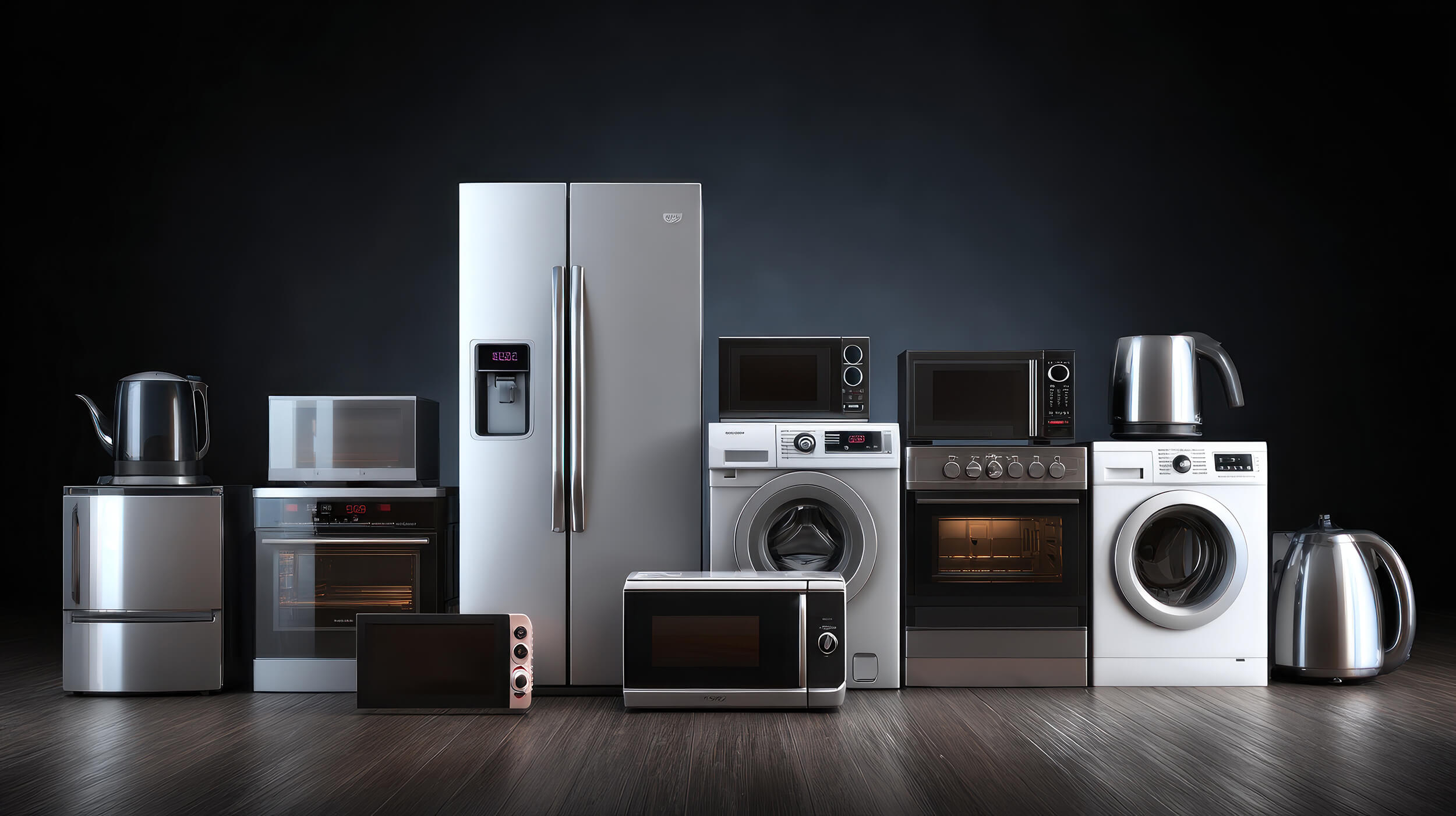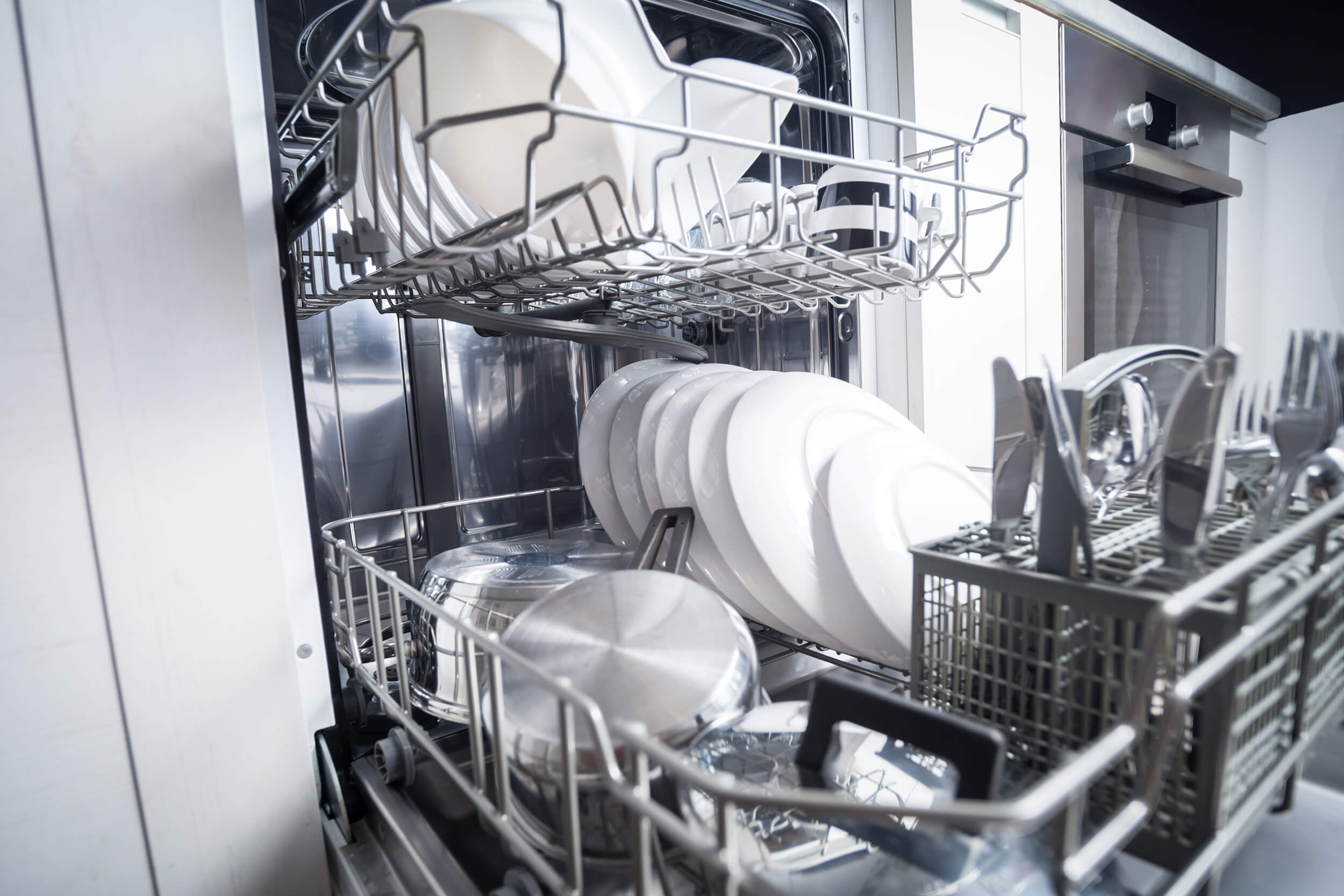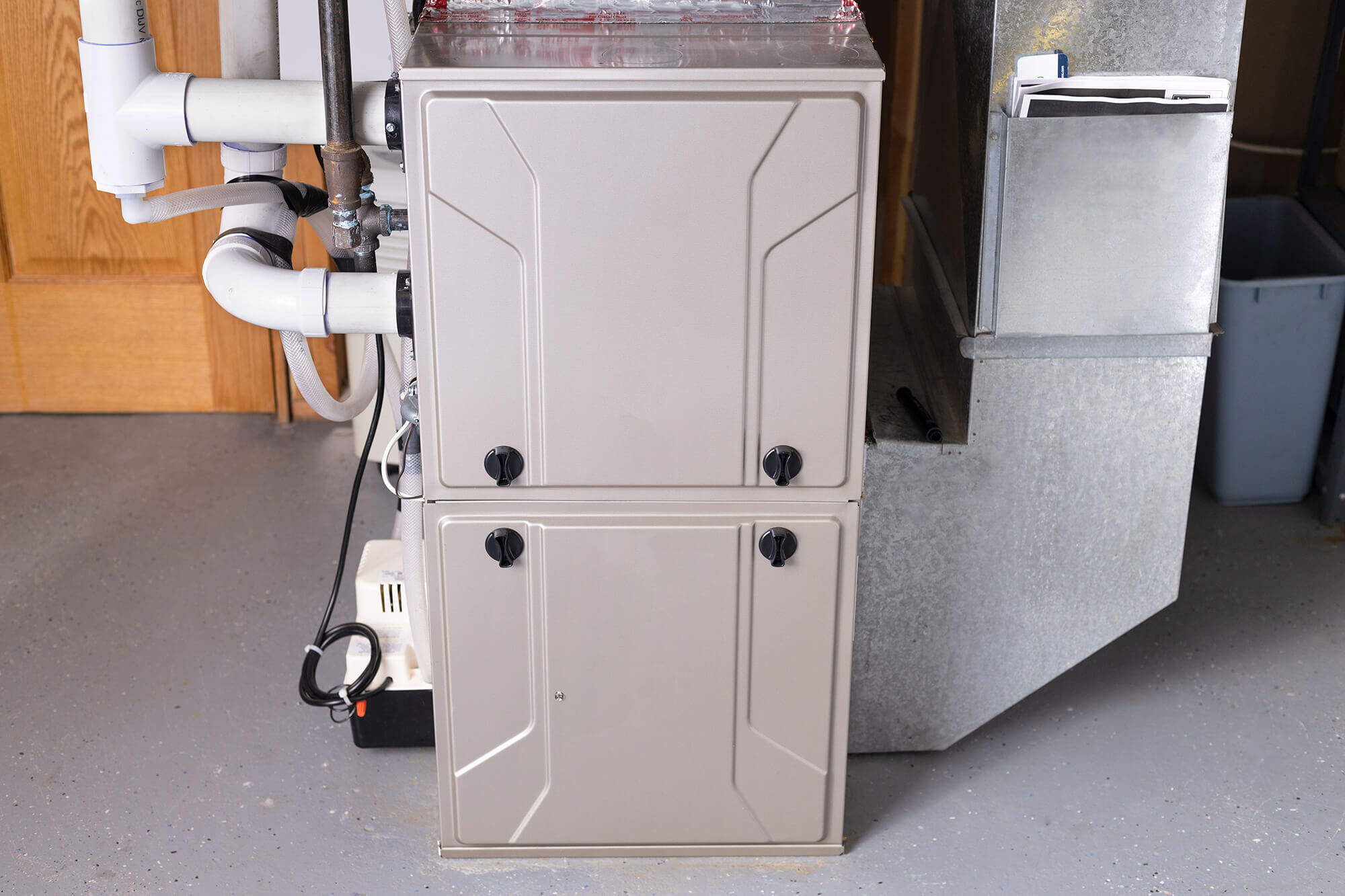Media contacts:
Maine Conservation Voters, Beth Ahern, beth@maineconservation.org, 207-671-5071
Maine House of Representatives, Rep. Bill Pluecker, Bill.Pluecker@legislature.maine.gov, 207-712-7734
Augusta, Maine – A bill signed into law today by Maine Governor Janet Mills could save residents $36 million on their utility bills annually by 2035, and cut cumulative greenhouse gas emissions through 2035 by nearly 200,000 metric tons, which is equivalent to removing 43,000 cars from the road for a year.
The bill (LD940), sponsored by Representative Bill Pluecker of Warren, gives the Department of Environmental Protection the authority to set minimum efficiency standards for 10 household and commercial products, including computers and monitors, faucets, and water coolers. The new law directs the Department to align the standards using information from other states that regulate these products. The standards would take effect in January 2023.
Bill sponsor Representative Pluecker said, “I ran for office on the basis of doing good things for Maine residents and this is one of them. The bill will save residents money, with the added benefit of cutting pollutants and climate changing emissions. In addition, we’ll be sending less money to out-of-state utility companies.”
"Maine Conservation Voters (MCV) supports appliance standards because they are a win-win,” said Beth Ahearn, director of government affairs at MCV. They reduce harmful air pollution and energy consumption, cut energy costs for consumers, and are relatively easy to implement. To reach Maine’s goal of reducing greenhouse gas emissions 80% by 2050, we need to transition to renewable energy and use energy more efficiently. Making our appliances and products more energy efficient will play an important role in reaching our goal."
“Maine just adopted a quiet workhorse of a policy,” said Marianne DiMascio, state policy manager at the Appliance Standard Awareness Project. “Appliance standards can save Maine residents money, cut energy waste, and protect the climate. And most people don’t even know that standards exist.”
“Appliance standards are a key part of cutting our energy waste, reducing pollution, and saving the planet,” said Anya Fetcher, state director of Environment Maine. “We have the technology to create appliances and plumbing fixtures that don’t use unnecessary water and energy, and we are glad that Maine is choosing to take advantage of the cleanest form of energy there is—the energy we never use in the first place.”
“Maine is a leader in providing cost-effective energy efficiency solutions across all fuel types and sectors,” noted Jeff Marks, Maine director of the Acadia Center. “But we could always do more to achieve greater energy and cost savings. This bill provides another tool to reduce both energy costs and consumption in buildings while reducing greenhouse gas emissions.”
Alli Gold Roberts, director of the Ceres State Policy Program said, “We welcome the passage of this important legislation that will eliminate energy waste, save consumers and businesses money, conserve water, and reduce greenhouse gases and other pollutants.”
“The Pool & Hot Tub Alliance (PHTA) appreciates the commitment of Representative Pluecker in pushing this pro-business legislation across the finish line,” said Jason Davidson, PHTA director of government relations. “This legislation paves the way for portable electric spas to meet the ANSI/APSP/ICC-14 requirements, thereby easing a tremendous burden for hot tub manufacturers in the great state of Maine,” Davidson continued.
###
Representative Bill Pluecker is serving his second term in the Maine House of Representatives. He serves on the Agriculture, Conservation & Forestry Committee and the Criminal Justice & Public Safety Committee. Pluecker is a small businessman and educator.
Acadia Center is a nonprofit research and advocacy organization incorporated in Maine and committed to advancing the clean energy future by offering real-world solutions to the climate crisis. Acadia Center identifies regional, state, and local improvements that will dramatically reduce carbon pollution and improve quality of life throughout the Northeastern United States.
The Appliance Standards Awareness Project organizes and leads a broad-based coalition effort that works to advance, win, and defend new appliance, equipment and lighting standards that deliver large energy and water savings, monetary savings, and environmental benefits.
Ceres is a nonprofit organization working with the most influential capital market leaders to solve the world’s greatest sustainability challenges. Through our powerful networks and global collaborations of investors, companies, and nonprofits, we drive action and inspire equitable market-based and policy solutions throughout the economy to build a just and sustainable future.
Environment Maine is a citizen-based environmental advocacy organization. Our staff work together for clean air, clean water, clean energy, wildlife and open spaces, and a livable climate. Our members put grassroots support behind our research and advocacy.
Maine Conservation Voters is a nonpartisan, nonprofit organization working to make conservation and climate change political priorities.
The Pool and Hot Tub Alliance (PHTA), a non-profit organization with nearly 3,500 members from around the world, was established in 1956 to support, promote, and protect the common interests of the $36.5B pool, hot tub, and spa industry. PHTA provides education, advocacy, standards development, research, and market growth to increase our members’ professionalism, knowledge, and profitability. Additionally, PHTA facilitates the expansion of swimming, water safety and related research and outreach activities aimed at introducing more people to swimming, making swimming environments safer and keeping pools open to serve communities.




